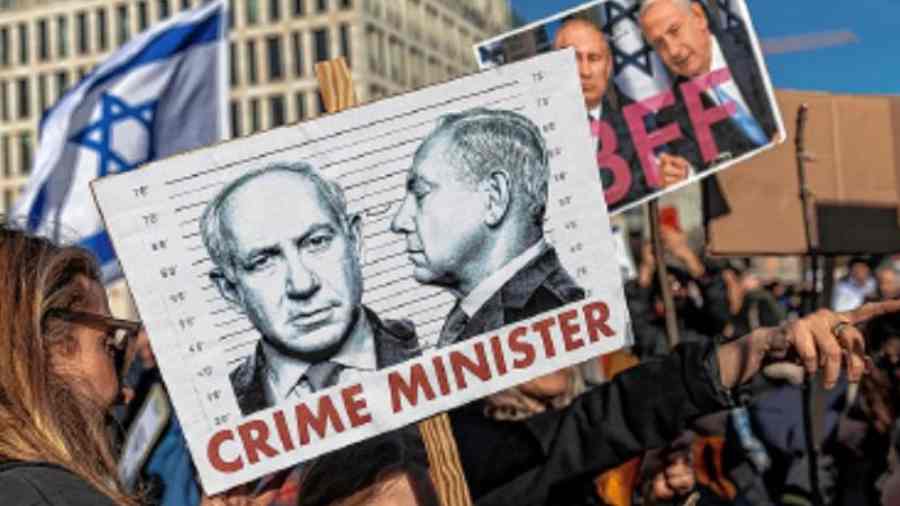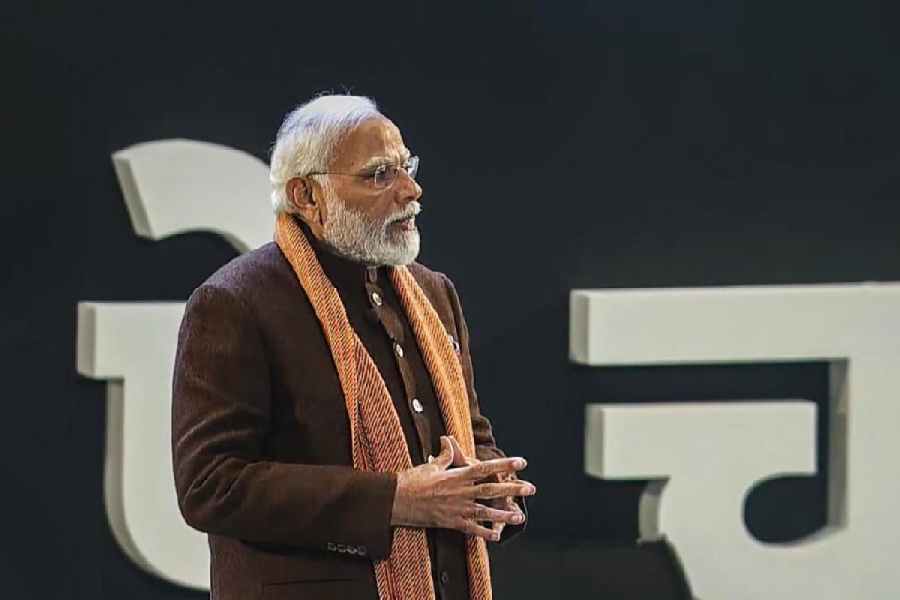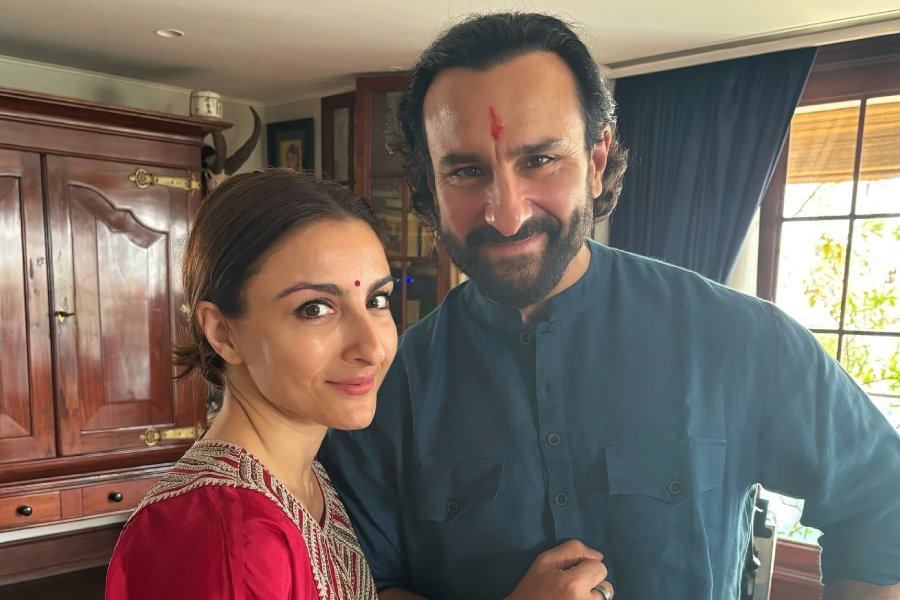Israel has no written Constitution but its Basic Laws allow the Supreme Court to rule on the constitutionality of Knesset (Parliament) legislations. Israel is, according to the Basic Laws, a “Jewish and democratic state” in which “the Jewish people have a unique right to self-determination.” It is, therefore, preferentially democratic, because about 22% of Israel’s population is Arab but they have no equal rights, whereas true democracy requires equality.
Israel’s founding fathers decided against a written Constitution because of this contradiction between a Jewish State and a democratic one. The latest coalition of Benjamin Netanyahu’s Likud plus religious (Bezalel Smotrich’s Religious Zionists) and nationalist (Itamar Ben-Gvir’s Jewish Power) parties results in the most right-wing regime in Israel’s 75 years, and the ultra-nationalists wish to take the preferential State to its logical conclusion — reforming the law so that Israel’s Basic Laws would be beyond the reach of the courts, annexing the West Bank and East Jerusalem, and expelling Arabs who do not agree to be reduced to second-class citizens.
Netanyahu, prime minister for the sixth time after elections last December, seeks to reform the Israeli Supreme Court for reasons curiously similar to the debate now current in India, calling the judiciary a self-selecting club, stating, “judges in Israel have a veto over the selection of other judges” — except that he is personally involved as a person indicted for breach of trust, bribery and fraud and his criminal trial process is ongoing. The proposed reforms envisage shifting judicial appointments from the present nine-member body made up of representatives of government, Parliament, Bar and bench into the exclusive hands of politicians who would strip the Supreme Court of power to strike down legislation that they regard as unconstitutional. If passed, the ultra-nationalist coalition could bypass all the legal safeguards for the Arabs with more extensive arbitrary arrests, killings, and house demolitions.
Netanyahu is now caught between his far-right policies and public anger over the reform plan. Military and business leaders oppose the government, along with most of the media and the academia. Thousands of military reservists refused to report for duty, causing Netanyahu to dismiss the defence minister, Yoav Gallant. The national labour federation, Histadrut, called for a general strike and swelled the protesting number of mainly Sephardic and Ashkenazi, middle-class, non-religious Jews. Netanyahu, confronted with massive demonstrations against a background of Israeli air strikes in southern Lebanon and the Gaza Strip as well as police attacks on and arrests in the Al-Aqsa complex/Temple Mount during the Islamic Ramadan, Jewish Passover and Christian Easter, suspended the reform efforts to give the president, Isaac Herzog, time to achieve some compromise, reinstated Gallant, and agreed that the police should not enter the Al-Aqsa complex during Ramadan, to the great ire of the national security minister, Ben-Gvir, and the finance minister, Smotrich, who may initiate moves to break the fragile coalition. Broadly, the schism has divided Israelis into two groups: those for a secular, pluralist State and those with a religious and nationalist vision. As an additional grievance, the striking reservists resent the orthodox religious citizens who enjoy exemption from serving in the military.
Israeli Arabs have not taken part in the anti-reform demonstrations because they claim that the same judiciary the protestors seek to defend continues to regard and enforce their position as second-class citizens. These laws have allowed the use of live fire against protestors in Gaza in 2018, the use of torture, the holding of Arabs without trial or charge, carrying out ethnic cleansing, confiscating Arab property, revoking citizenship, and enforcing the segregation of Arab and Jewish communities. The Arab standpoint emphasises the contradiction of the protestors purporting to protect democracy, although this implies the continuation of a preferential one. The military reservists and protesting civil servants have served various governments in this apartheid system; they would be content to maintain the same regime provided the threat of dictatorship by right-wing religious groups recedes.
For decades, Netanyahu presented himself, especially to the Americans, as the Israeli leader best qualified to contest Iran and induce Saudi Arabia into recognising Israel. The announcement in March from Beijing of the resumption of Saudi-Iranian relations caught him unawares. The Opposition leader, Yair Lapid, said, “This is what happens when you deal with legal madness all day instead of doing the job,” and many members of his own Likud Party endorse this view, with Yuli Edelstein saying, “The world does not stop while we are busy here with power struggles and clashes.”
In practice, Israeli relations with Saudi Arabia are both discreet and official. The former consists mainly of exchange of security information and the retired head of Mossad, Efraim Halevy, claimed that he did not believe any rapprochement between Iran and Saudi Arabia would bother Israel because certain understandings existed with Saudi Arabia, including the right to fly in its airspace. The latter concerns the resumption of diplomatic relations between the Saudis and the Iranians, the Saudi-Houthi war in Yemen, and the Chinese broadening their influence in the Middle East. Netanyahu is rendered ineffective because of the domestic crisis and the cooling relationship between Washington and Riyadh on one hand and between Washington and Jerusalem on the other, but he can take comfort in the historic rivalry between Sunnis and Shias and the fact that the resumption of relations between Egypt and the United Arab Emirates with Iran has not affected their relationships with Israel.
Israel has cumulatively received the most foreign aid from the United States of America since World War II, amounting to $158 billion, but polls suggest a growing decline in American public support. The existence of democratic institutions within the recognised borders of Israel is acceptable to the US, but during his present tenure Netanyahu has not received an invitation to Washington and has been warned by President Joe Biden that Israel's reputation as the only democracy in the region is being jeopardised. Netanyahu’s riposte is reminiscent of that of New Delhi to criticism; “Israel is an independent country that makes its decisions according to the will of its citizens and not based on external pressures, including from our best friends.”
In this imbroglio of moving parts, what is the future of Netanyahu’s extreme-right patchwork coalition? Herzog apparently believes that some compromise is still attainable, but Netanyahu’s popularity has plunged and according to latest polls, his ultra-nationalist coalition might now muster only 46 seats in the 120-member Knesset. Israel has held five elections in the last four years, and it is hard to foresee any other prospect but yet another reference to the people.
Krishnan Srinivasan is a former foreign secretary. Julius Fein is a British historian











